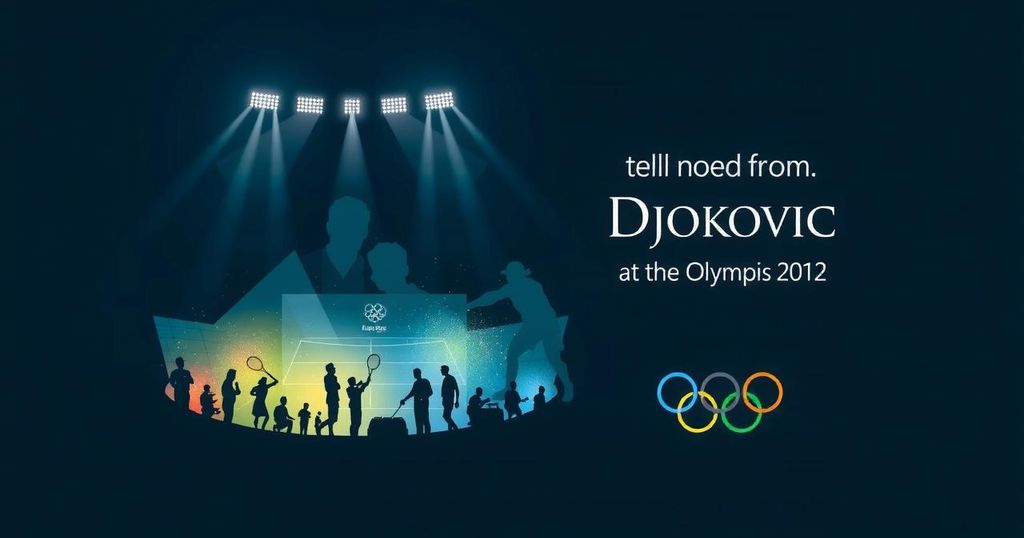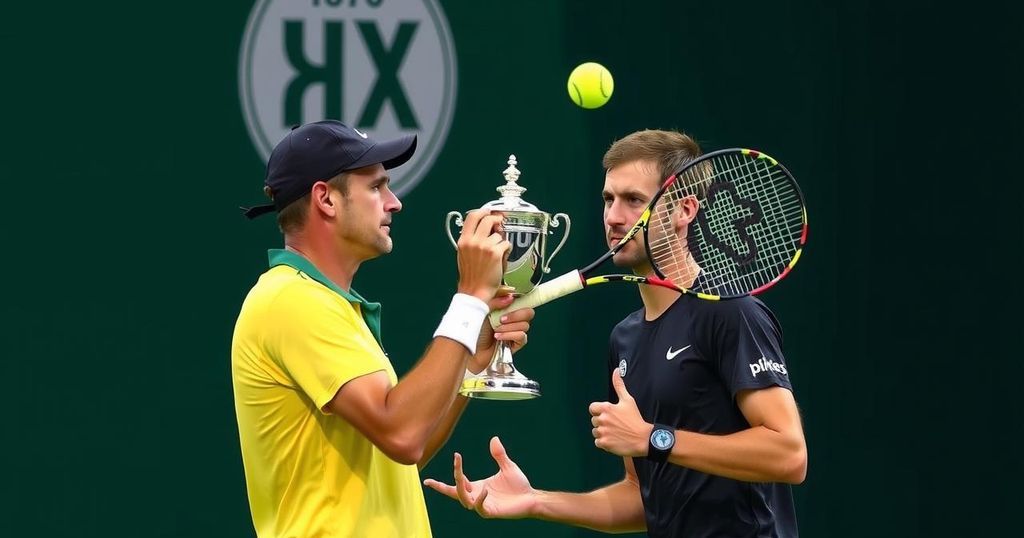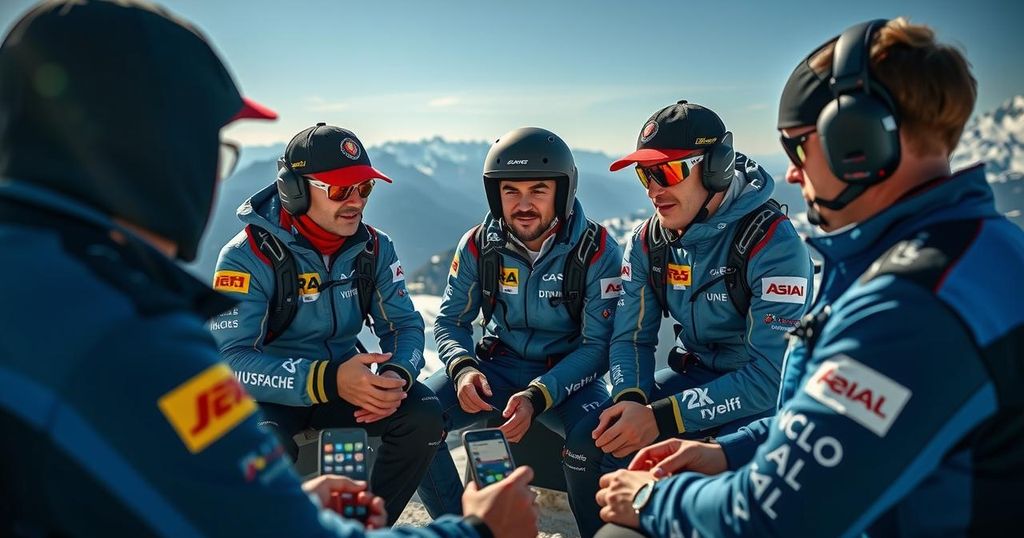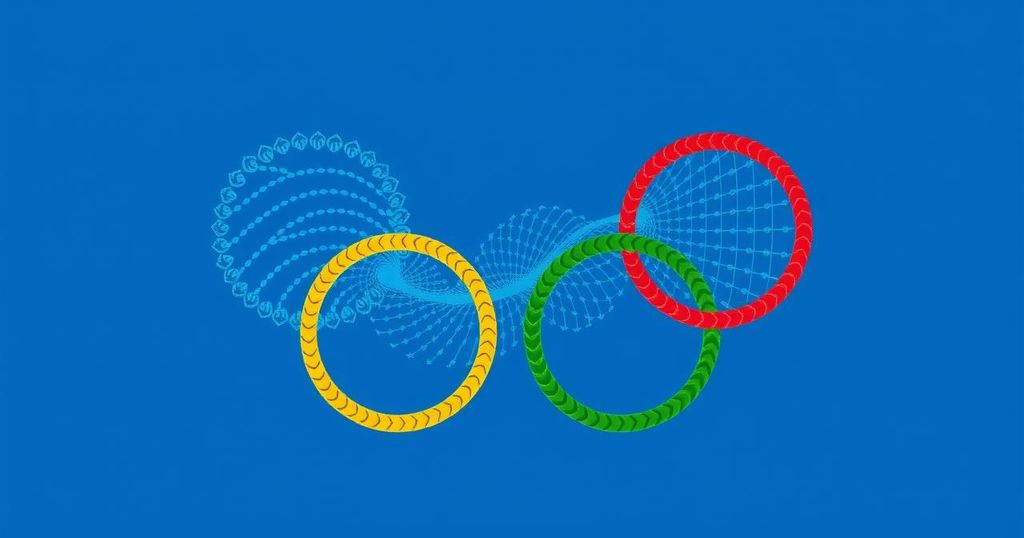Insights on Serbia’s Olympic Gold in Water Polo from Veteran Journalist Dejan Stevovic
In the wake of Serbia’s remarkable achievement of securing its third consecutive Olympic gold medal in water polo at the recent Paris Games, esteemed Serbian sports journalist Dejan Stevovic provides valuable insights into this triumph from his extensive experience within the sport. Stevovic, a notable commentator with deep ties to Serbian water polo over several decades, has covered numerous prestigious international competitions, including five Olympic Games and multiple World Championships. His vast expertise makes his reflections on this significant victory particularly poignant.
Stevovic fondly recalls the exhilarating moment at the Rio Games in 2016 when Serbian player Andrija Prlainovic bestowed the gold medal around his neck, highlighting the emotional resonance of such achievements. He acknowledges that the team’s success in Paris came as a pleasant surprise to many, with only the players and coaching staff harboring firm belief in their capability to secure the gold. Under the adept leadership of Head Coach Uros Stevanovic, the reintegration of key players such as Milos Cuk and Nikola Dedovic proved pivotal to forming a cohesive and motivated unit.
The success of the Serbian water polo team is a testament to the nation’s storied history in the sport, marking it as the paramount team sport in terms of trophies won. Stevovic emphasizes the impact of this latest gold, noting the potential benefits, particularly for youth programs and the return of coaches from overseas. Increased state support is anticipated, especially as Serbia prepares to host the next European Water Polo Championships, which could pave the way for new training facilities and the enhancement of local clubs.
Reflecting on the Paris Games, Stevovic celebrates the performance of Dusan Mandic, who demonstrated significant growth and skill, earning recognition as one of the greatest players in water polo history. He highlights the contributions of several key players and their collective effort to maintain the reputation of Serbia as a dominant force in international water polo.
Stevovic notes the strategic model employed by the Serbian team, which focuses heavily on advancing to the quarterfinals as a critical objective. He recounts the challenging path to victory, including overcoming formidable opponents such as Greece and Croatia, yet underscoring the resilience and determination of the Serbian players. The inclusion of a sports psychologist, Andrija Geric, further contributed to the mental fortitude of the team, enhancing their performance under pressure.
Amidst discussions of the competition landscape, Stevovic identifies the necessity for reforms in the sport’s scheduling and officiating to bolster the quality of future tournaments. He expresses optimism regarding the continuing strength of European teams, even in light of the rise of competitors from the USA and Australia.
In conclusion, Dejan Stevovic encapsulates the pride of Serbia’s water polo achievements, underscoring the nation’s unique position as a landlocked country with an illustrious sporting history. His reflections contribute significantly to understanding the dynamics of elite water polo competition and the critical factors driving Serbia’s Olympic success. Additionally, Stevovic’s literary contributions, including works on water polo history in Serbia and documentaries, reflect his dedication and impact on the sport.








Post Comment